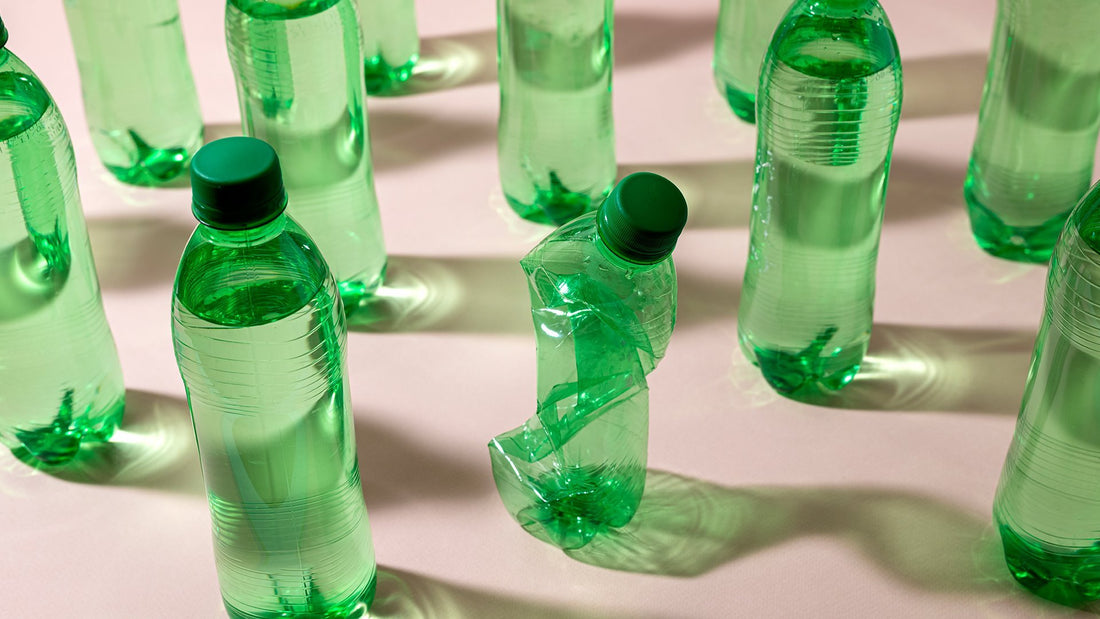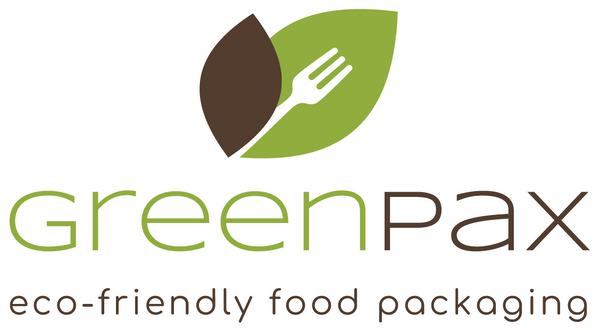
Bioplastics
The Problem with Plastics
Petroleum-Based Plastics are Economically Unsustainable
Conventional plastics, primarily derived from petroleum, consume up to 10% of total U.S. oil production. As oil prices rise, the costs of these plastics increase, burdening both consumers and businesses. Our reliance on petroleum-based plastics and fossil fuels is becoming increasingly economically unsustainable.
Toxicity to the Environment and Human Health
Plastics derived from petroleum are not only persistent in the environment but also pose significant health risks. Many contain harmful chemicals like Bisphenol A (BPA) and phthalates, which have been linked to hormone disruption and developmental disorders. These chemicals can leach into food and drinks, and studies have found BPA in the majority of Americans, highlighting the widespread contamination.
Plastics Don’t Truly Biodegrade
Terms like “degradable” or “oxy-degradable” can be misleading. Most conventional plastics, including grocery bags, are actually “photo-degradable,” breaking down into smaller particles when exposed to sunlight. These microplastics infiltrate waterways and oceans, polluting marine life and the food chain. On land, plastics persist in landfills and as litter, failing to decompose within our lifetimes.
The Solution
Switch to Sustainable Alternatives
Choosing biobased and compostable materials can significantly reduce the environmental impact of plastic waste. By opting for sustainable packaging solutions made from renewable resources, businesses and consumers can help minimize pollution, protect human health, and decrease dependence on fossil fuels. Supporting innovations in eco-friendly packaging and recycling efforts can pave the way for a cleaner, greener future.
